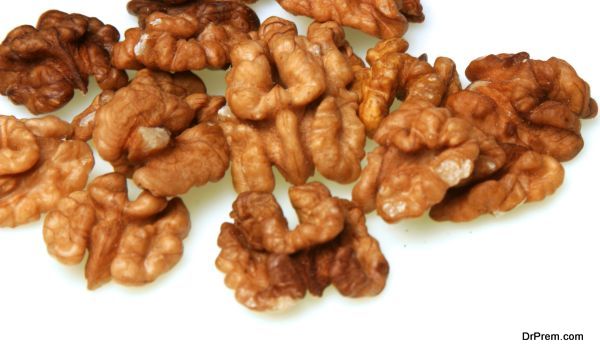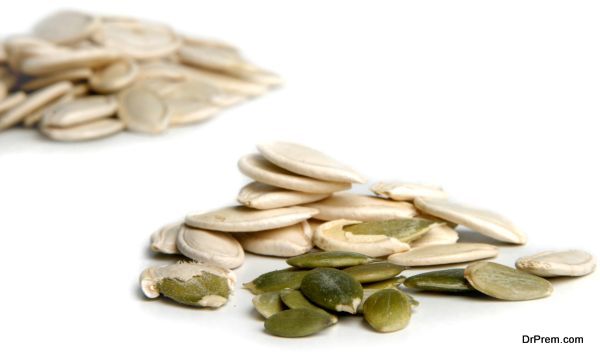Low fat ketogenic diet seems to be a good solution for your obesity problem. Since obesity, diabetes, hypertension, and cardiovascular issues are all interlinked, a diet high on good fat and low on carbs would work wonders to get you a perfect shaped body. Carbohydrates give us energy and if consumed more than our energy requirements, they are stored as fat in our body. The bad news is that we neither do enough exercise nor starve at intervals to use or burn this extra fat. Accumulation of fatty layers spells the actual health disaster.
Theoretically, an oversized obese person carries enough fat and extra unburned energy which he really doesn’t need. Even if he doesn’t eat for quite some time, the stored fat would continue to be with him throughout his life.
What’s the right amount of fats?
It is advised to keep your carb intake low by at least 20 gm a day. For example, a fist sized cup cake might look innocently small and harmless but it gives you as much as 26 gm of carbs on consumption. Replacement of your carb with fat and proteins eating nuts, avocados, salmon, beef and olive oil would do you a world of good.
There is actually nothing to fear from fat. Saturated fat is good for your health contrary to the popular belief of it being harmful. It acts as a top quality fuel for your brain and building blocks for cell membranes and hormones. Even on the cholesterol issue, it is not eating fat that is giving you bad cholesterol. HDL cholesterol is actually good for you.
It is the small and dense LDL cholesterol which are harmful for your heart. They come from eating a diet packed with too much of carbohydrates, trans-fats, industrialized Omega 6 fats present in hydrogenated vegetable oil and soya bean oil. Pure ghee for example does you a lot of good on consumption. As it keeps you fit and fuels your brain, it is advisable to eat lesser quantity of carbohydrates to reduce triglycerides and eat more of saturated fats to raise the HDL level.
Why to eat more fat?
As a child in our growing days, we had to consume fat for healthy physical and mental growth. Dietary fat is an excellent source of energy as it protects our organs helping create a cushion that would insulate your organs from external shocks.
As a pleasant surprise, we need fat to burn fat in our bodies. Around 1/3 of any feasible weight loss diet plan would include those precious dietary fat which would supply you with calories.
Besides we have the following functions faithfully discharged by the saturated fat that we eat,
– It acts as a carrier for important fat soluble vitamins like A , D , E and K.
– It is essential for conversion of carotene to vitamin A and for absorption of minerals.
– It acts as an antiviral agent.
– It attunes genetic arrangement and helps prevent cancer.
Old fat that is stored in our bodies especially around the peripheral tissues like in our paunch, thighs or in our buttocks cannot be burned effectively unless we allow entry of new fat to aid the process. For allowing this entry, we need to consume fat. Dietary fat helps in breakdown of existing fat by activation of PPAR- alpha and fat burning route through the liver.
Fat burning healthy foods you can include in your diet
Ensure you include these foods in your regular diet plan; however, the quantity would depend upon your lifestyle and calorie burning activities:
- Avocado – A great source of fat. Mix them up with lime juice, salt and cilantro and have a great combo.
- Wild Alaskan Salmon – Rich in essential Omega 3 fatty acids and vitamin B 12 as well.
- Seeds – Sunflower, sesame and pumpkin seeds are excellent sources of fat. Sprinkle powdered seeds on salads and soups and have a hearty meal.
- Nuts – Almonds, walnuts, macadamia nuts and pine nuts are awesome. Eat them raw, unprocessed and unsalted.
- Coconut – A storehouse of energy and contains medium chain fatty acids that get readily absorbed into the body.
Eating fat would make you want to eat less. You don’t need to steal around your freezer and make frequent bites at whatever you find there edible. Consumption of fat has an immense satiating impact. It makes you feel full! Fat has practically driven out the carbs from your regular diet plan. More you eat fat less you feel the need to binge on those diabetes inducing carbs.







